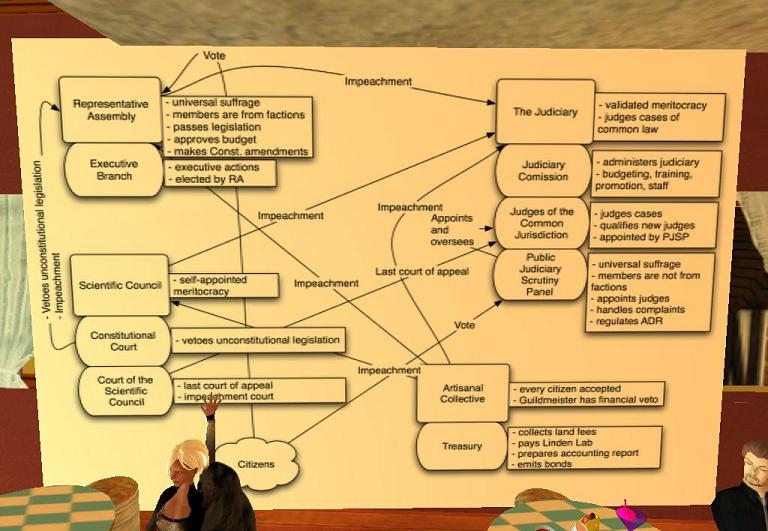Barry Schwartz, a psychologist at Swarthmore suggest that the syllogism above could be false. In his book, "
The Paradox of Choice", he argued that more choices are essentially good as it reflects improvements, but, there are dark sides of having more choices:
1. Paralysis. We don't choose at all. Many people stays single, right? :)
2. Poor decisions and performance quality. We made bad choices.
3. Dissatisfaction, dissappointment. We are not happy despite our choices.
4. Opportunity costs. The cost in choosing stuff could even be greater than the stuff itself!
5. Time Pressure. Too many choice makes us feel like we are being rushed.
6. Escalation of expectation. When we spent lots of time in choosing, we expect that the stuff we finally choose is a good stuff. When we turned out wrong, we become dissapointed.
7. Self Blame. Good feelings gradually reduces. Bad feelings escalates and change forms.
More choices is better, only if it occurs in any of these two situations. First, Preference Articulation. If you really know hat you want, more choice is better. Most people never have this. Or, second, Alignable Option. If the options can be scaled down to the similar size. Most people never have this too.
For personal decisions, there is a good catch-a-phrase from Schwartz's presentation: "Seek for the Good Enough, don't seek for the best". For public policy, he then suggested "Libertarian paternalism", as prescribed by Cass Sunstein and Richard Thaler.
Sunstein-Thaler give an example. Consider two studies of savings behavior:
1. Hoping to increase savings by workers, several employers have adopted a simple strategy. Instead of asking workers to elect to participate in a 401(k) plan, workers will be assumed to want to participate in such a plan, and hence they will be automatically enrolled unless they specifically choose otherwise. This simple change in the default rule – from nonenrollment to enrollment -- has produced dramatic increases in enrollment.
2. Rather than changing the default rule, some employers have provided their employees with a novel option: Allocate a portion of their future wage increases to savings. Employees who choose this plan are free to opt out at any time. A large number of employees have agreed to try the plan, and only a few have opted out. The result has been to produce significant increases in savings rates.
Libertarian Paternalism is "an approach that preserves freedom of choice but that authorizes both private and public institutions to steer people in directions that will promote their welfare". So, they are paternalistic in the sense that people are being directed to choose a certain option, but libertarian in the sense that people can say no.
That means, if you are Amazon.com, you will not be confusing people with long lists of books, but refer them to your filtering, self-reviewed selections and in the same time still allowing people to look for more. If you are a supermarket, you will only put good, cheap and high quality stuffs in your shelves. If you are a restaurant, you will advise your customer not with abundant menu but with "today's special menu". But, how do we know that they are working their best in giving their reference? Well, we don't. This could arise the
principal-agent problem. But, it may be better compared than not choosing.
Both Schwartz's and Sunstein-Thaler's theory indicates the importance of choice theory in the economics of abundance. Schwartz's theory will trigger behavioral approaches in economics. Meanwhile, Sunstein-Thaler's will produce a public policy formula for decision-makers, legislators and governments. Schwartz's video presentation in Google is available
here. Sunstein's-Thaler paper is downloadable
here.
Contentment is always better than riches.
Mova







Recent Comments